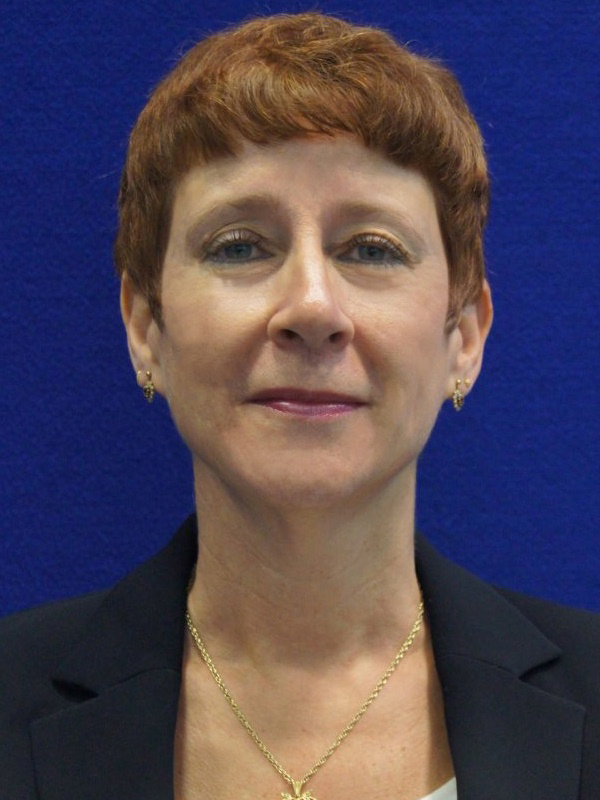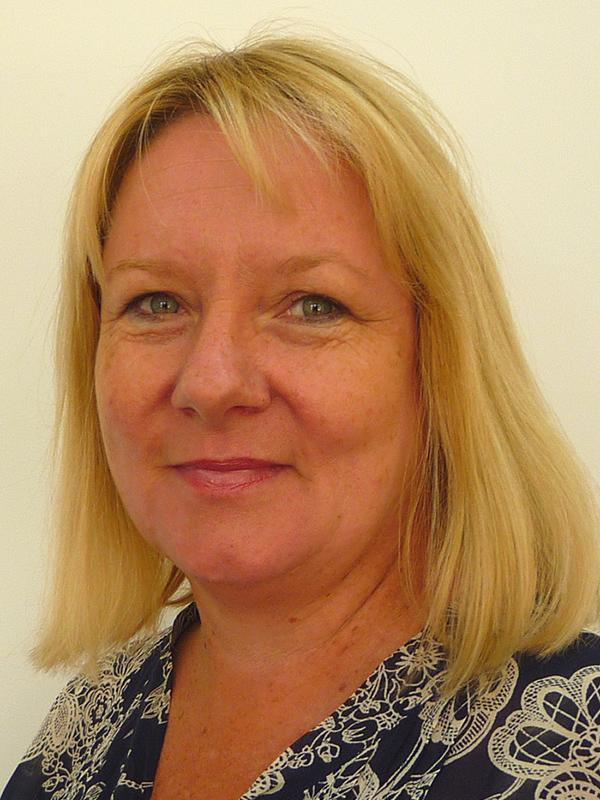Give us a clue: what is a CCG and how does it work?
Today, we are continually being asked to prove our worth, demonstrate effectiveness, and present outcomes which may or may not determine payment. However, at times it’s like we are living in the middle of Heisenberg’s uncertainty principle; the more precisely you measure one quantity, the less precisely you can know another associated quantity; for example, both healing (a) and well-being (b) may be quantities we measure as outcome indicators in wound management. However, if we are being asked to focus on measure (a), which is a likely request from a commissioner, are we in danger of being unable to measure (b), which is probably more important to the patient?
So in order to remove any uncertainty, community nurses must face such challenges head-on and work with commissioners to ensure a patient-centred outcome rather than a resource-centred one. In this article, we look at the role of Clinical Commissioning Groups and hear from both the Chief Operating Officer and the Executive Nurse.
Background
Clinical Commissioning Groups (CCGs) began operating on the 1st April 2013 following the abolishment of PCTs. In this model, General Practitioners (GPs) are at the helm, along with a registered nurse, a secondary care specialist doctor and other NHS service managers who sit on the Governing Body. The CCG is ultimately responsible for planning and designing local health services (in England); together with patients and health and social care partners such as local hospitals, local authorities and local community groups, they commission and deliver ‘joined up’ seamless quality services to the public, patients and carers.
Once service requirements are identified, CCGs use their allocated budget to 'commission' or buy health and care services such as:
- planned hospital care
- urgent and emergency care
- rehabilitation care
- community health services
- mental health and learning disability services
At a national level, CCGs are overseen by NHS England, which ensures that the CCG have the capacity and capability to successfully commission services for their local population, and that they meet their financial responsibilities. NHS England also commissions some services itself:
- General Practice
- pharmacy
- dental care
- specialist services (i.e. those required by a limited number of people)
In addition, Health and Wellbeing Boards have been established in Local Authorities to ensure that CCGs meet the needs of local people. These boards include representatives from clinical commissioning groups and the local councils to understand the health, social and wellbeing needs of its community.
Well, that is the formal description of a CCG. But what does this mean on a day to day basis? Now, NHS Thurrock CCG’s Chief Operating Officer, Mandy Ansell (MA) and Executive Nurse, Jane Foster-Taylor (JF-T), outline their respective roles and how they work together with relevant stakeholders to ensure excellence in service delivery.
Thurrock population and local challenges
Thurrock is a unitary authority which sits at the heart of the Thames Gateway, to the east of London. Thurrock nestles in swathes of Green Belt and 18 miles of Thames riverfront. Its population of about 165,000 people live in local towns such as Grays, Tilbury, Stanford le Hope and Corringham. Thurrock has high levels of deprivation and its inequalities in comparison to some of its more affluent neighbours, are often stark and significant.
MA: “The CCG sits on Thurrock Council’s Health and Wellbeing Board; we contributed to one of the key documents that help us plan services for the population, the Joint Strategic Needs Assessment (JSNA). This document shows some worrying health inequalities. Thurrock residents have lower levels of life chances, opportunities and health and wellbeing when compared to neighbouring areas.”
The CCG also work very closely with Public Health which now sits within Thurrock Council. The Public Health team has robust plans in place to tackle the first two priorities of the Thurrock Health and Wellbeing Strategy which are: reducing the overall prevalence of smoking within Thurrock and reducing the overall prevalence of both adult and child obesity within Thurrock.
How does a CCG differ from a PCT?
In a nutshell, the health budget for the local population has been put in the hands of arguably, the group that knows and understands the health of the local population best, GPs and clinicians.
MA: “GPs see patients every day and that gives them a greater understanding of patient’s health and social requirements. They are best placed to commission the most needed services for the population because GPs understand what services patients need and are usually their first point of call.”
Over the last few years, there have already been big improvements in healthcare, health services and the health of local people which means that we have a solid foundation to build upon.
JF-T: “Clinical commissioning allows doctors, nurses and other health and social care professionals in primary and secondary care to become much more involved in planning improvements of health care services. A useful analogy is that of a jigsaw – the whole picture is the health service and the individual pieces are the different services and organisations that need to fit seamlessly together. Because GPs are close to their patients they are in the position to see where the pieces fit, where pieces may need to be reshaped to fit better or indeed where whole pieces may be missing.”
Day to day work
Liaison
The CCG has established a strong working relationship with Thurrock Council and this has strengthened joint commissioning arrangements. Working collaboratively with the council, other healthcare professionals and third sector organisations helps to ensure that the care experience of the people of Thurrock is improved.
MA: “The CCG recognises that we cannot achieve the utopia of good health for all itself. We rely on our strong alliances with Thurrock Council, Healthwatch Thurrock, voluntary organisations, hospitals and other healthcare providers and other important partners to maximise the collective experience these groups have of the local population.”
A key relationship the CCG is proud of is the one with patients and the public. They take very seriously one of the cornerstones of the reforms within the NHS which is ensuring that patients have a say in healthcare decisions.
MA: “We are fortunate in Thurrock to have a very strong Commissioning Reference Group (CRG), led by our Patient and Public Involvement Lay Member, Len Green, who also sits on the Governing Body. The CRG, which is made up of representatives of patient participation groups from GP surgeries, meets once every two months. They discuss potential new services to be commissioned and changes to existing services. The CRG has real influence and they represent the voice of local residents. When we say that the views of patients are central to all discussions about healthcare design, it’s the truth.”
CCGs have a duty to spend public money wisely. With only a set amount of money available to spend, CCGs have to make difficult decisions about which services to commission or change.
MA: “Demand for healthcare will always outstrip available resources. The CCG engages with a wide range of health and social care partners as well as patients along with the managerial expertise of staff and clinical leads, to develop its operational and commissioning plans.”
However, as new treatments and services become available, demand goes up and CCGs have to make tough decisions on how to spend their limited budgets for the benefit of their whole population.
How you make decisions on using CIC’s, Social Enterprises or other AQPs to deliver identified services and how these are monitored?
The CCG commissions services through a number of ways including through sole providers, Any Qualified Providers or through a variation to an existing contract. The CCG carefully considers many factors before commissioning services including existing arrangements, our future vision, value, European Union regulations and the risk of challenges. Once commissioned, the contracts are then monitored very closely for quality, technical and the overall viability of the contract.
What are your respective roles and key responsibilities?
Chief Operating Officer
MA: “In Thurrock our Accountable Officer is a GP, so my role as Chief Operating Officer is about pairing up with him as a senior manager. My role involves leading the CCG on how it commissions services, and the management of GPs and staff. I am also responsible for ensuring that the CCG achieves its national and local objectives particularly by delivering improved health, clinical outcomes, patient experience, and productivity whilst meeting financial, legal and contractual requirements.”
Executive Nurse
JA: “The Executive Nurse is responsible for delivering the quality strategy and assurance systems as well as safeguarding adults and children. As one of three executive officer roles that sit on the Governing Body (along with the Chief Operating Officer and the Chief Finance Officer), my role brings the clinical nursing perspective to our commissioning and ensures that the quality of commissioned services is central to the work of the CCG.”
How do you ‘come together’ to discuss services required, monitoring delivery, governance etc?
There are a number of ways through which the CCG comes together to make decisions about services. Thurrock CCG holds a public Governing Body Meeting once a month to ratify decisions and to give an account of activities carried out through the month. But before those decisions and outcomes are reached, a lot of work has gone on behind the scenes through a number of committees and groups that work on the design of services and ensure they are implemented. All of these groups are subject to regular audit.
What this means for DN’s
Most DNs and community nurses are feeling torn asunder by all of this, particularly in light of the fact that if they are not careful, ‘outside’ companies will deliver services such as wound care/leg ulcer care. What would you suggest they do to either prevent or embrace this competition?
JA: “The key to success for District Nurses is strong relationships with GPs, understanding the new integration agenda with the local authorities (link) and ensuring their own organisation keeps staff abreast of the issues that come through contract meetings between the commissioning CCG and their own organisation.”
Conclusion
According to the NHS Commissioning Board, decisions about health services need to be led by clinicians because they are best placed to:
- understand the health needs of their local communities and the quality of local services
- involve local communities in improving services
- work with other clinicians across organisations to improve outcomes for patients
- coordinate and integrate care for patients across different services
- challenge poor quality care
Therefore, CCGs should be talking to you and your colleagues about the services you provide. However, why not make a pre-emptive strike? Find out about your local CCG and let the Executive Nurse know what you are doing; arm yourself with appropriate clinical outcome data, audit results and patient feedback in order to ensure that you can articulate your value and that of your particular service. Don’t let someone who doesn’t know it make decision about it…




























